
Experts Warn Discipline Changes May Increase First Nations Deaths In Custody
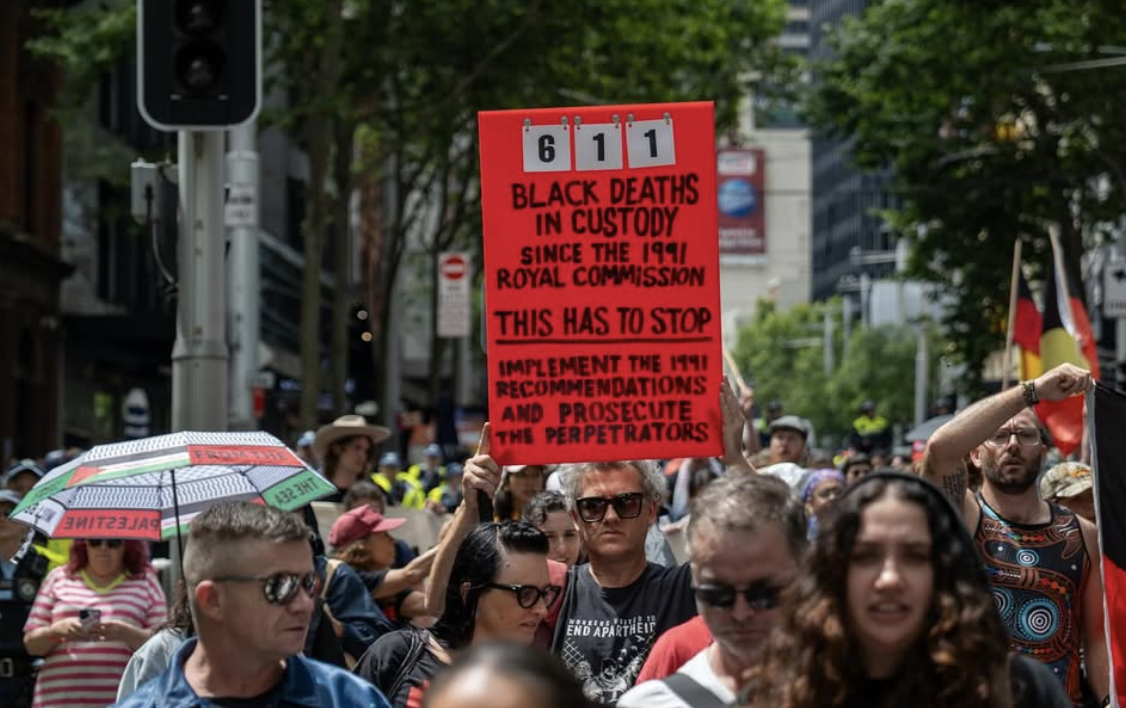
Eighteen organisations have signed an open letter to the Minister for Corrections Anoulack Chanthivong, voicing their opposition to a proposed change to the standard of proof required to discipline inmates in prisons across the state.
The Aboriginal Legal Service NSW/ACT, Deadly Connections, and the NSW Council for Civil Liberties, among other First Nations peak bodies, University Law Schools and legal experts, have warned that the proposed changes could lead to more First Nations deaths in custody.
“These changes are contrary to the NSW Ombudsman’s investigation into inmate discipline, which exposed a culture of lawlessness and harm being perpetuated by Corrective Services against incarcerated people in NSW, who in many cases were completely innocent of the correctional centre offences they had been accused of,” the letter reads.
“Incarcerated people subjected to discipline proceedings, who are locked in solitary confinement, fined, and deprived of basic privileges like phone calls and visits with loved ones, are at increased risk of acute and ongoing mental and physical harm, and even dying in custody, if these laws pass.”
The changes in question would see NSW prisoners facing some of the harshest penalties in the country for trivial offences such as “looking untidy” or “eating food in a cell”, with offences committed inside prison only needing to be proved to the “balance of probabilities” rather than “beyond reasonable doubt”.
The letter comes only weeks after NSW recorded the highest number of Indigenous deaths in custody ever recorded in one state, in what State Coroner Teresa O’Sullivan described as a “profoundly distressing milestone”.
Minns government acts directly against expert advice
The open letter cites a 2024 Ombudsman report on inmate discipline, which found “systemic failure across all correctional centres to follow the requirements of the legislation and the relevant policies in relation to inmate discipline”.
The Ombudsman found that 1 in 3 charges laid against inmates during discipline proceedings were incorrect, and that 43 per cent of penalised inmates were Indigenous. It advised against applying a lower standard of proof, as well as different penalties for minor and major offences.
“Subjecting people to preventable harms in custody compounds trauma, and subjecting them to an arbitrary system of punishment reduces confidence in the system as a whole,” the letter concludes.
“Given these changes will increase the risk of First Nations deaths in custody, increase the risk of repeat contact with the system, and increase the likelihood of systemic injustice against incarcerated people who deserve support, education and rehabilitation, we urge you to rethink these reforms.”
Greens spokesperson for First Nations Justice Sue Higginson said it was shocking that the Minns government was explicitly ignoring the Ombudsman.
“First Nations peak bodies and legal experts are incredibly concerned at the Minns Government’s attempt to let our prison system off the hook after the Ombudsman exposed serious maladministration and law-breaking in the inmate discipline system to the detriment of at risk vulnerable inmates,” she said.
“NSW Labor needs to take the deaths in custody crisis seriously, and that means sitting down with First Nations people and experts to hold our prison system accountable for lawlessness and harm. This Bill does the exact opposite, it endorses more punishment against at risk vulnerable First Nations people in law.”
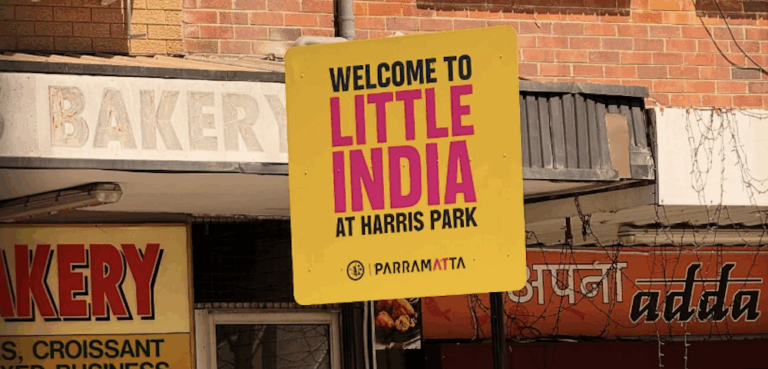




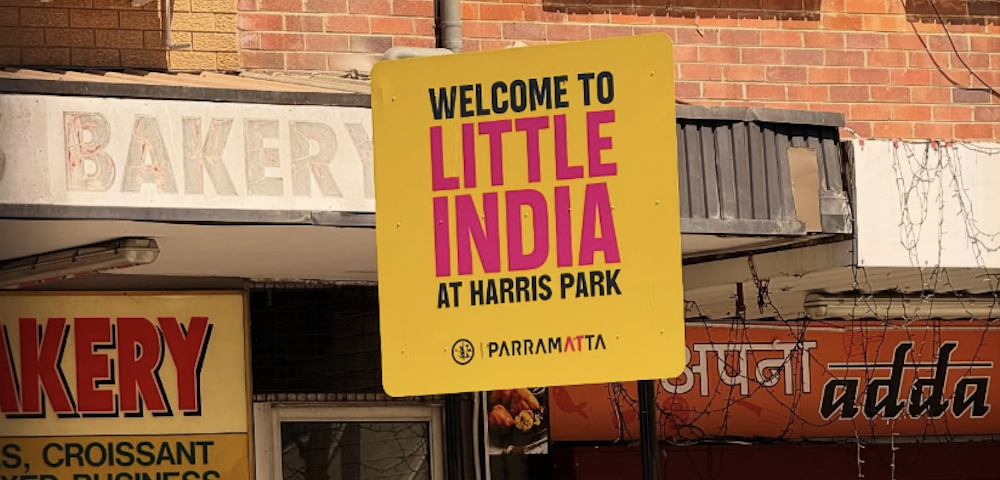
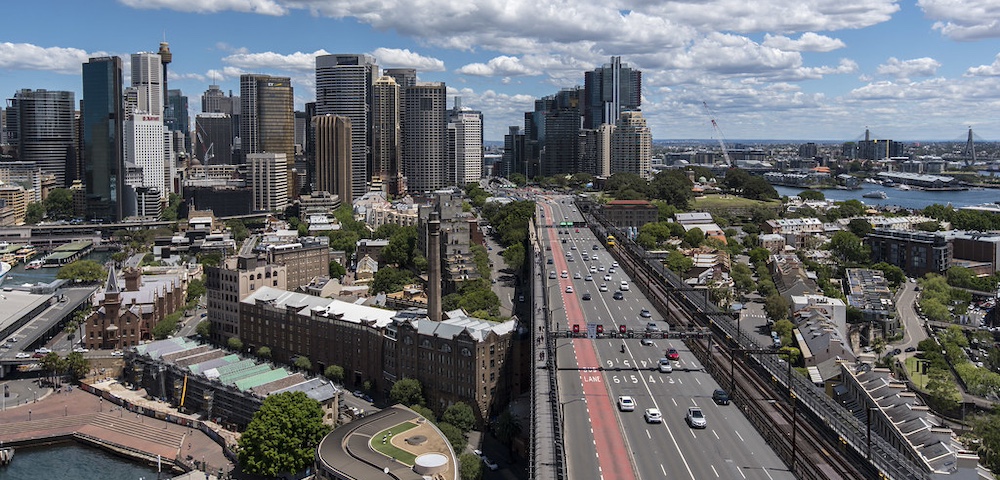
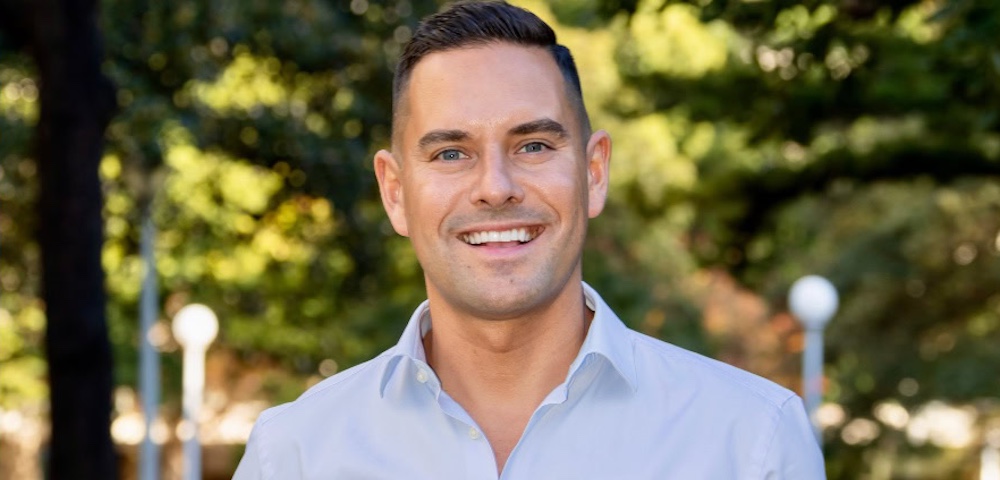


Leave a Reply